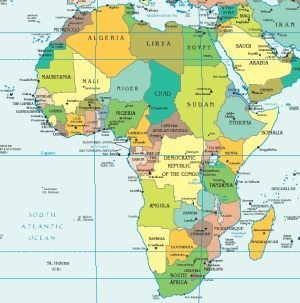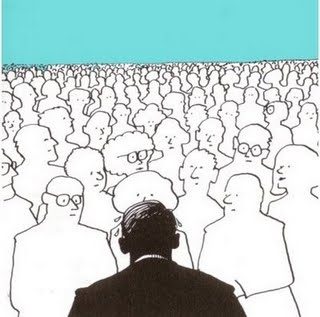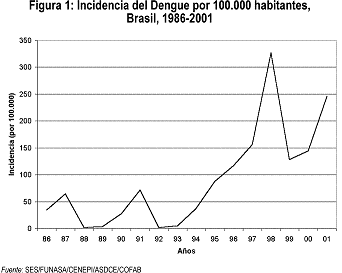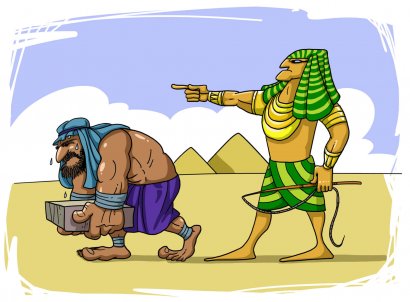 When we talk about the exchange rate or rate, we are referring to the comparison between two currencies according to the values of the world economy. For example, when we put a certain amount of dollars in correspondence with our local currency, such as Argentine pesos, pesetas, pounds, etc.
When we talk about the exchange rate or rate, we are referring to the comparison between two currencies according to the values of the world economy. For example, when we put a certain amount of dollars in correspondence with our local currency, such as Argentine pesos, pesetas, pounds, etc.
There are two types of exchange in practice: the nominal and the real. The nominal change is the direct relationship that exists between the currency of one country with that of the other. For example, to go to the bank to exchange our money for that of a country that we want to visit or vice versa.
The real change is the one that distinguishes the relationship between the goods and services of one country and those of another, considering its impact on the economy of an individual or society.
There are also different exchange systems, understood as the set of rules that configure the behavior of the central bank and the market. In a system, the fixed exchange rate, it is the central bank who determines the exchange rate that governs an economy. In the other, flexible or floating exchange rate, this is left to the supply and demand game of the stock market.
Other concepts refer to particular situations in the economy, such as the spot exchange rate, which is related to transactions that take place in cash or in current form. Or, the future or forward exchange rate, which indicates the price of a currency in current operations but with a settlement date in the future.
Due to a world market in permanent fluidity and evolution, the exchange rate is also in constant movement and that is why instant conversion systems are used, for example, on the web, to have a parameter as precise as possible at all times of how much a currency is worth compared to others.









